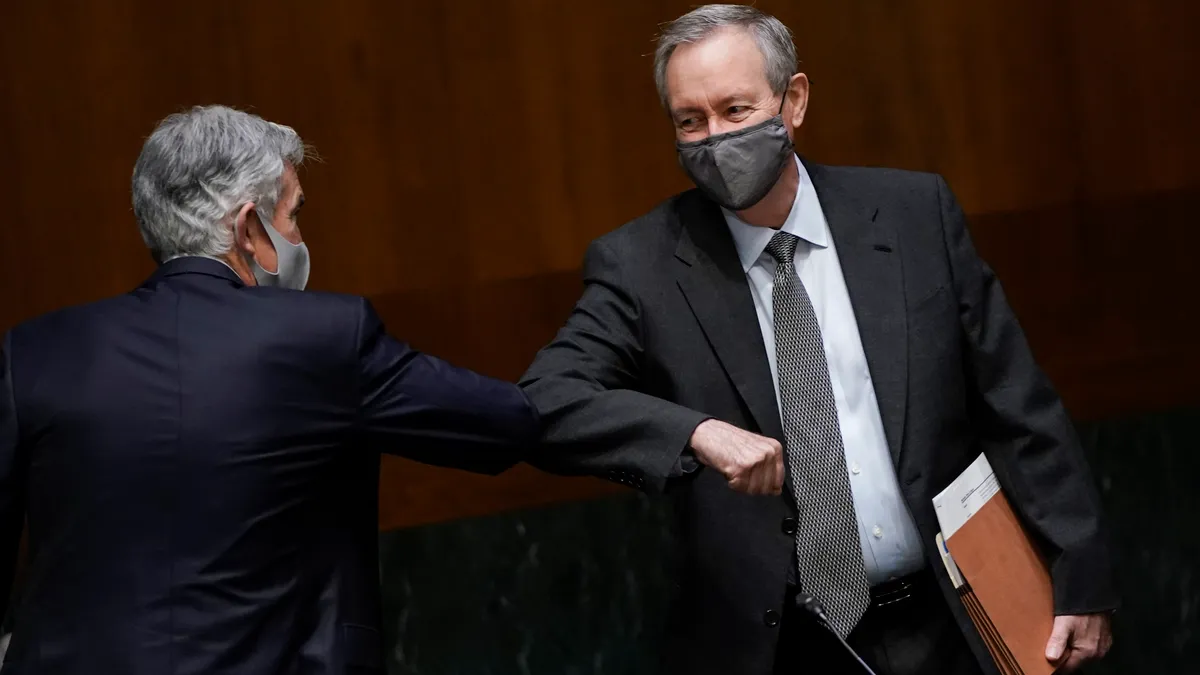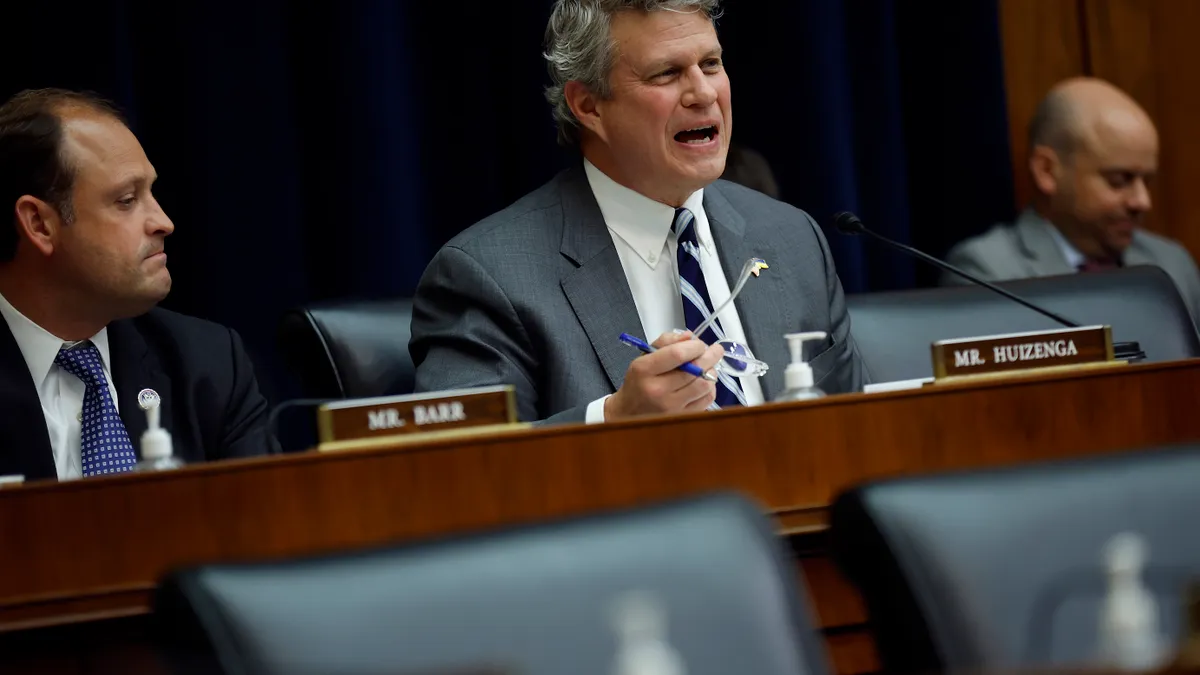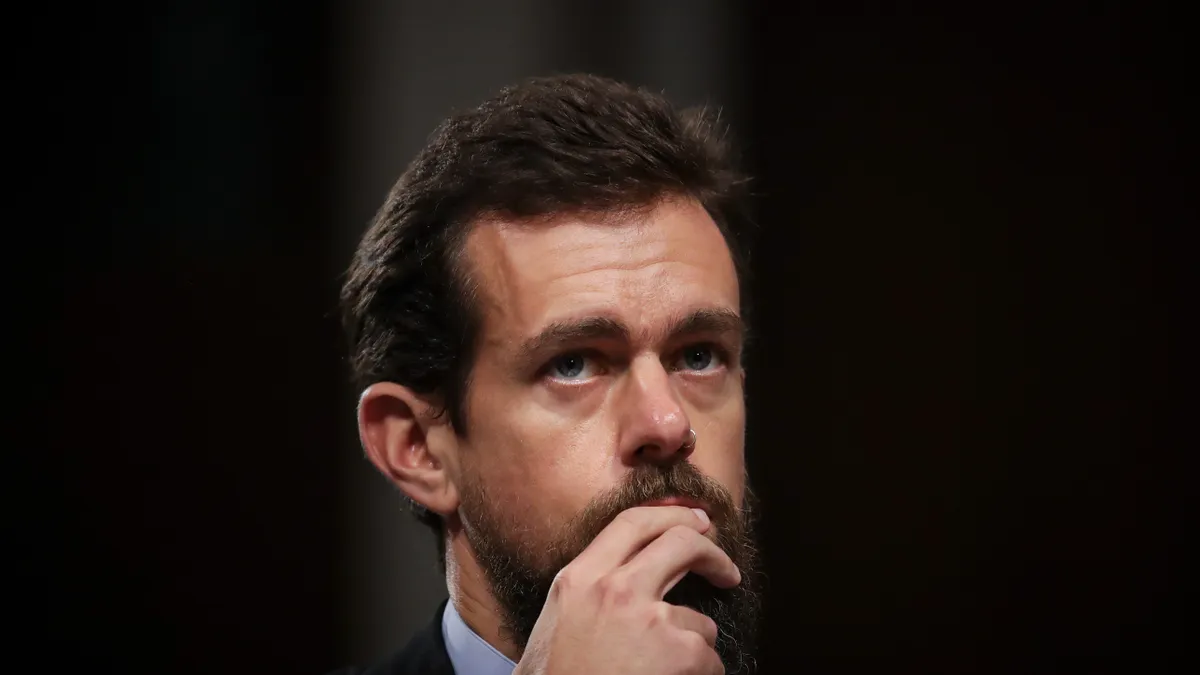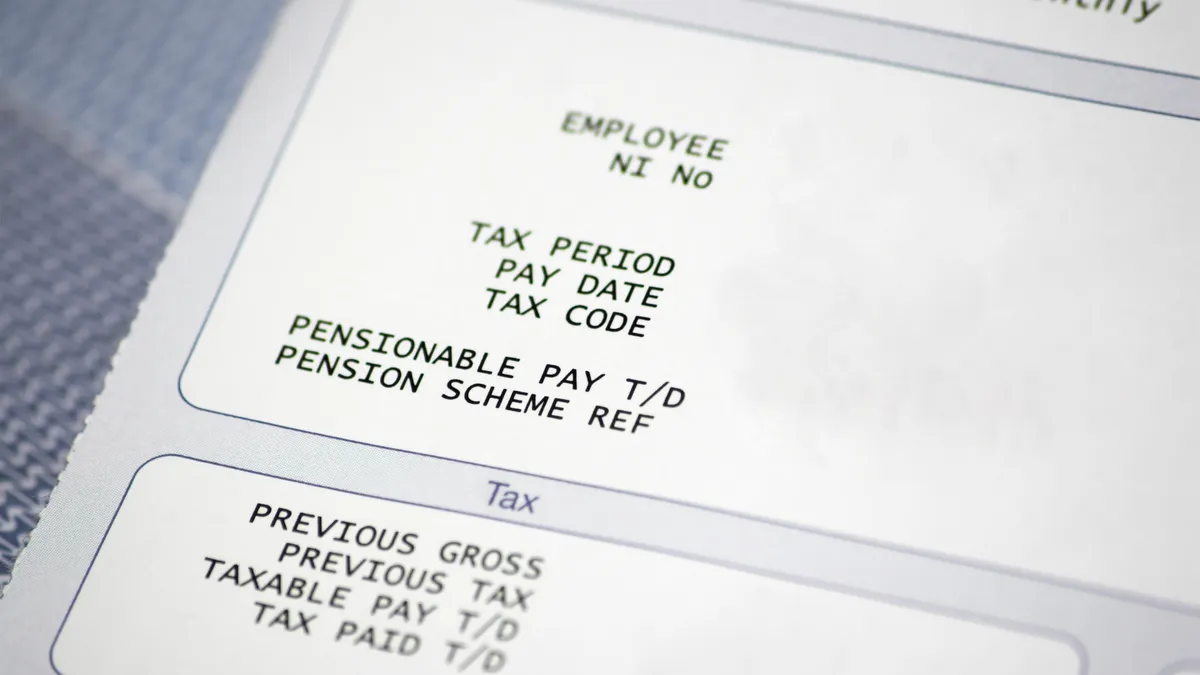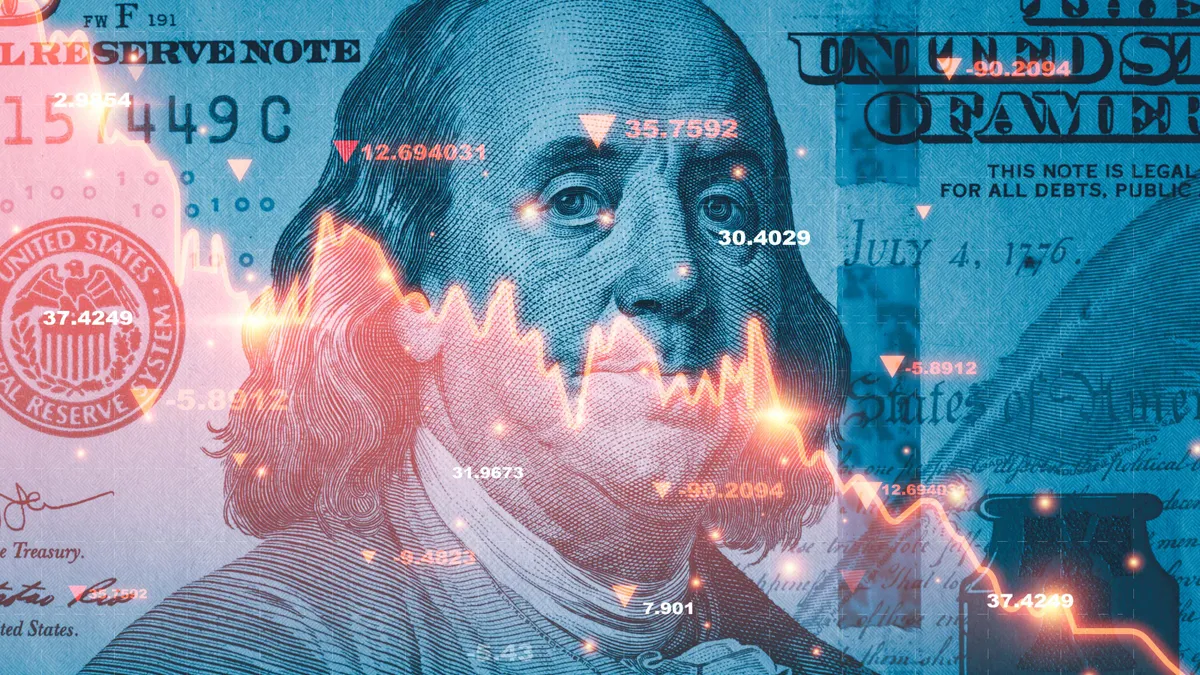The Fed will seek to build a consensus with the Biden Administration and Congress members before it makes any move on creating a central bank digital currency (CBDC), Federal Reserve Chairman Jerome Powell made clear at a Wednesday press conference following a two-day Federal Open Market Committee meeting.
Powell said in May that the Fed would deliver a "white paper" on the topic this summer to kick off a public conversation. Later, he suggested the report might be released this month. In an update at the press conference, Powell said the CBDC report would arrive "soon."
While Powell mainly answered questions from reporters about interest rates at the press conference, he fielded one near the end about the Fed's consideration of a CBDC for which he immediately turned to a script in what seemed a carefully worded effort to balance varying viewpoints. Some members of the board, such Randal Quarles, have questioned the need for a CBDC and noted its risks, even suggesting the Fed might not have authority to pursue the idea. Meanwhile, Fed Governor Lael Brainard has said there is an urgent need to create one.
"We need to make sure that the Fed is able to continue to deliver to the public, a stable and trustworthy currency and payment system," Powell said in answer to the question about the Fed's deliberations on the topic. "There's extensive private innovation, a lot of which is taking place outside the regulatory perimeter and innovation is fantastic and our economy runs on innovation, but where the public's money is concerned, we need to make sure that appropriate regulatory protections are in place. And today there really are not in some cases."
Powell also emphasized that it wouldn't just be the Fed delving into any CBDC effort, but rather a joint approach by Washington policymakers. It "will be a government wide decision we would, we would do this, we would have to have a meeting of the minds with the (Biden) administration, and also, probably with Congress," he said in response to the CBDC questions. "We would really like to have broad support for this, it's very important innovation and I think we would need that to go ahead and that's the process we're engaged in."
Movement in other countries
With world economies increasingly embracing digital alternatives to cash, including cryptocurrencies and stable coins, many countries have begun contemplating digital versions of their fiat currencies. China has become a first mover on the front, raising some questions about whether the U.S. is falling behind on such innovations. Still, some interested payments parties, such as the Clearing House, have pointed out China's authoritarian interests in developing one.
In addition to China, the United Kingdom also has formed a task force to study the issue, while Japan is also investigating a sovereign digital currency.
Asked if he thought the U.S. was not keeping up with other countries in considering a central bank digital currency, Powell rejected that notion. "It's more important to do this right, than to do it fast," Powell said. "We are the world's reserve currency, and I think we're I think we're in a good place to, to make that analysis and make that decision."
Part of the analysis includes the Federal Reserve Bank of Boston working with the Massachusetts Institute of Technology (MIT) on the technology aspects of creating a CBDC. With that input from MIT, the white paper "will be the basis for a period of public engagement — engagement with many different groups including elected officials around these issues," Powell said.
"The ultimate test will apply when assessing the central bank digital currency and other digital innovations is are there clear and tangible benefits that outweigh costs and risks," the Fed chairman said.
On the topic of innovations, he used the opportunity to give a plug for the Fed's separate real-time payments project, called FedNow, which is expected to create a faster U.S. payments system by 2023.
"We're also as you know, investing heavily right now in building a new settlement system for instant payments in the US, it will be the first such major expense pension of our core payment system since the 1970s," Powell said. "We found the case for this quite compelling for consumers, businesses, and just ensuring that all financial institutions have access to the payment system."



